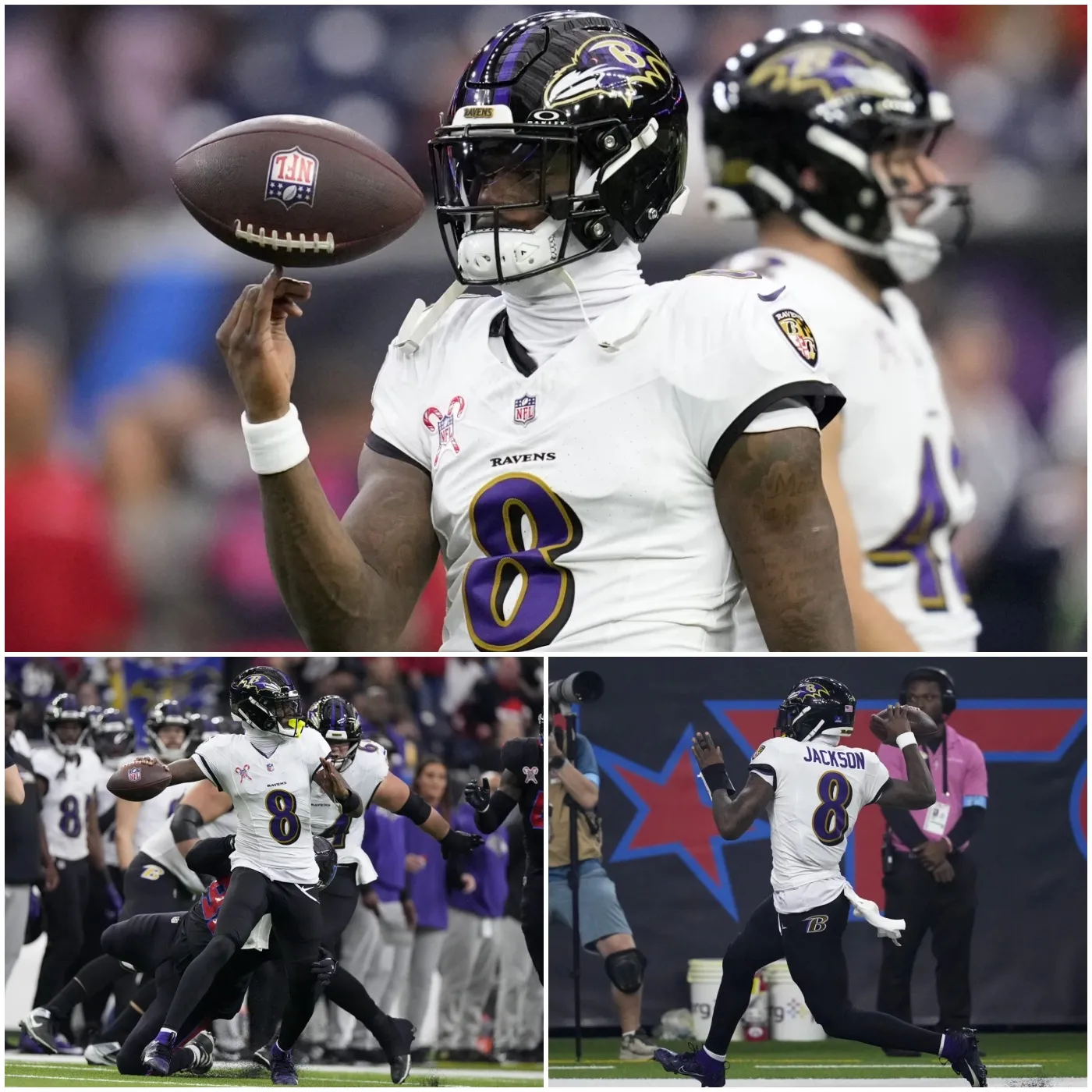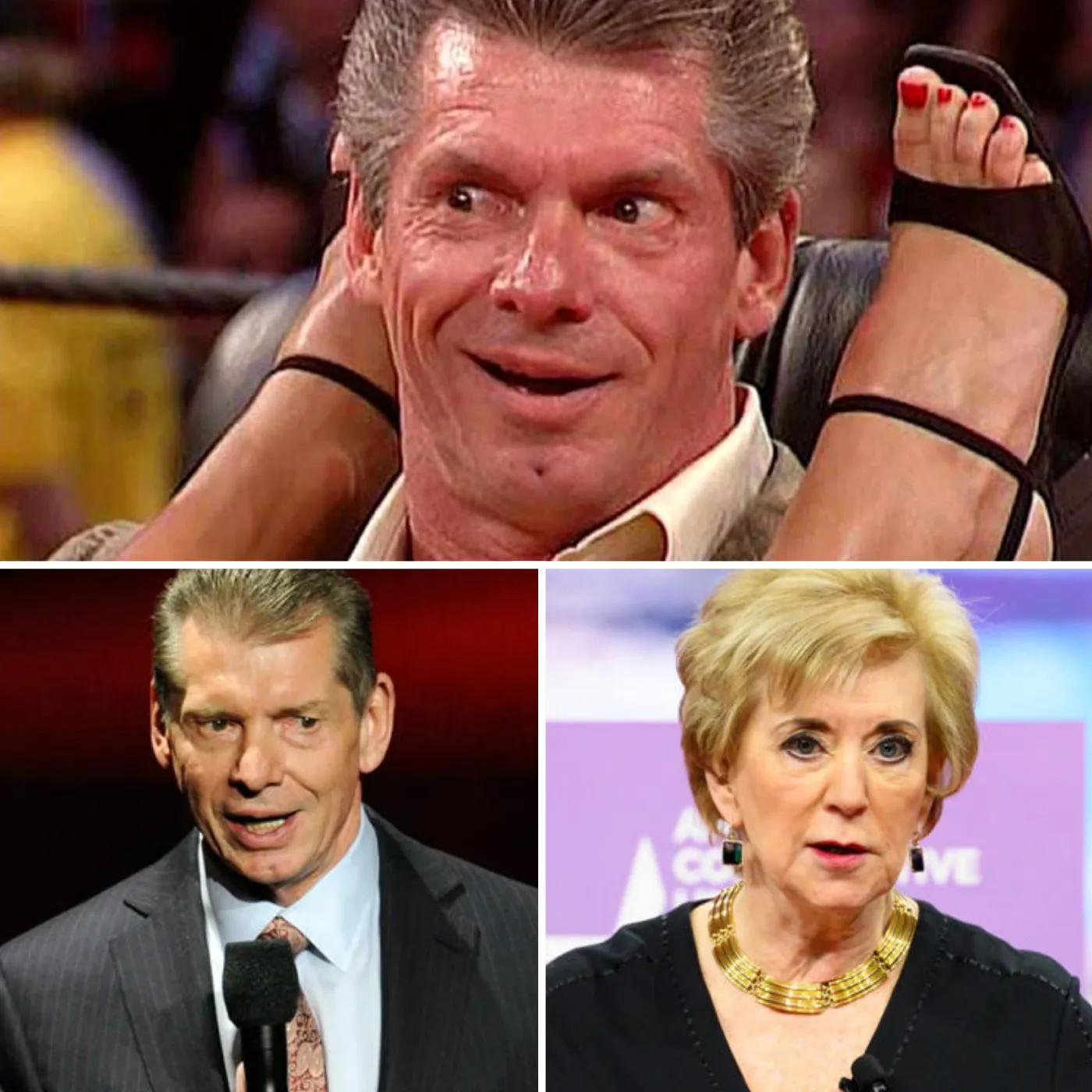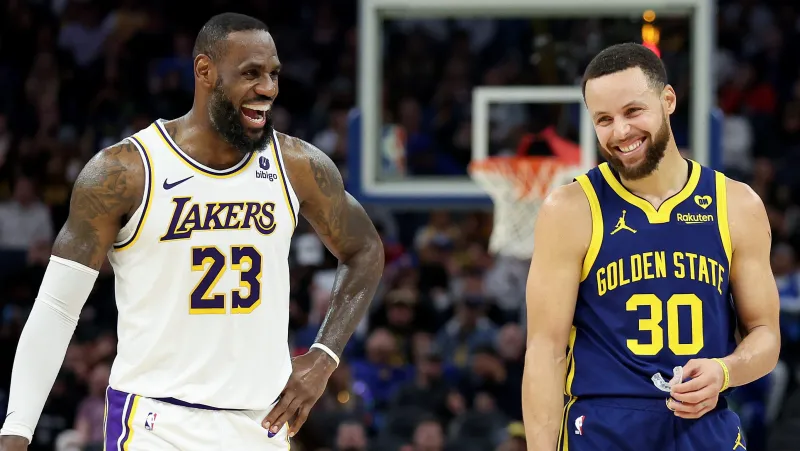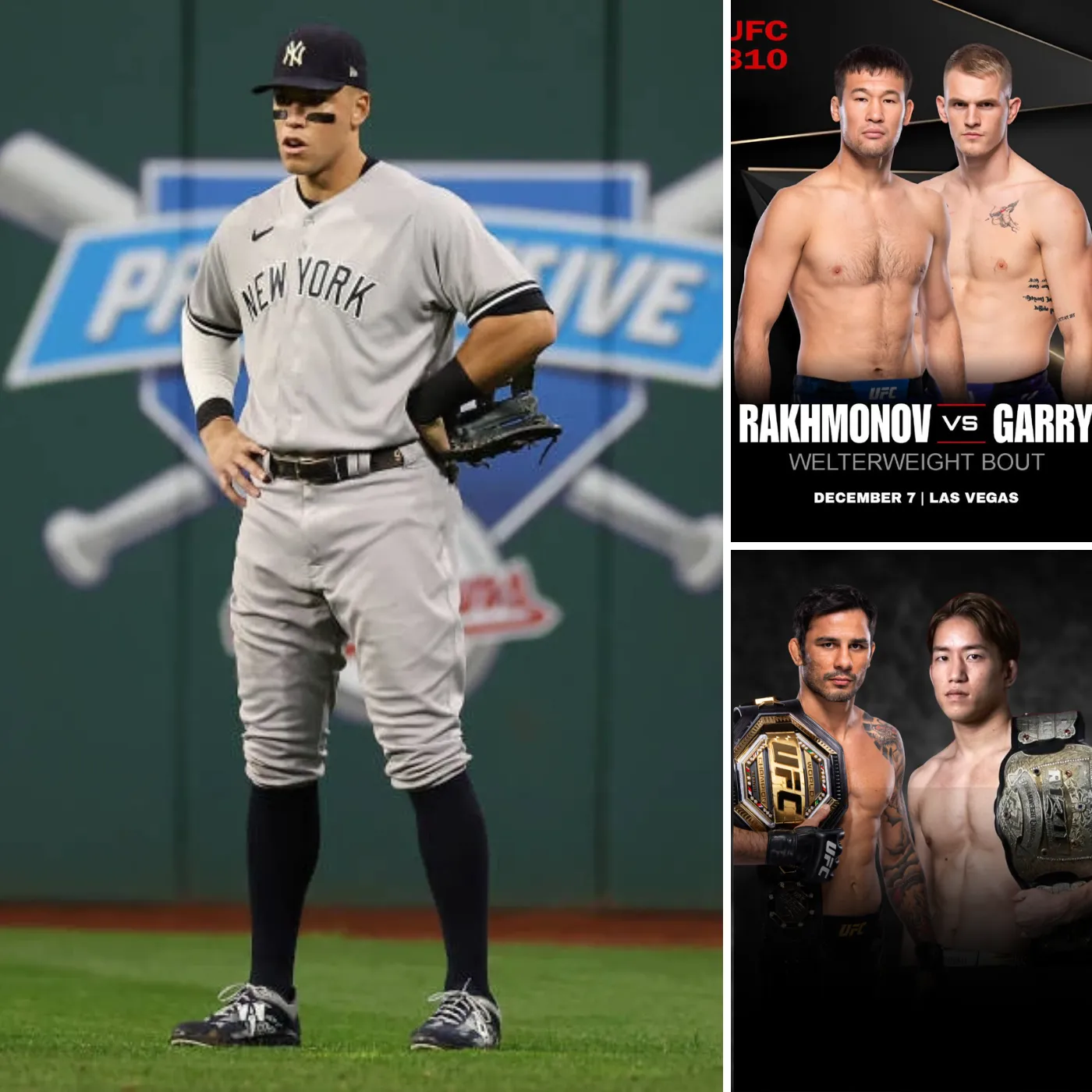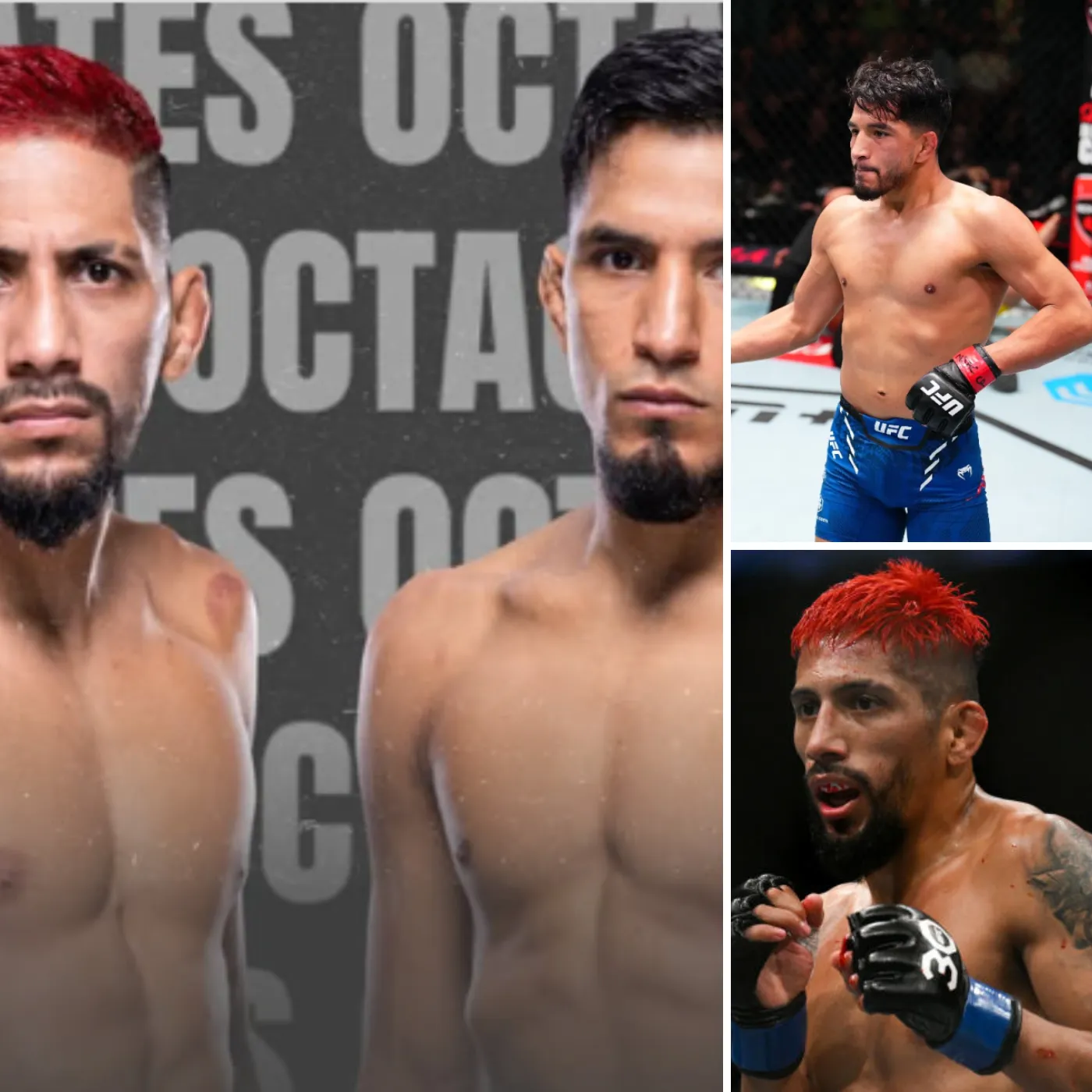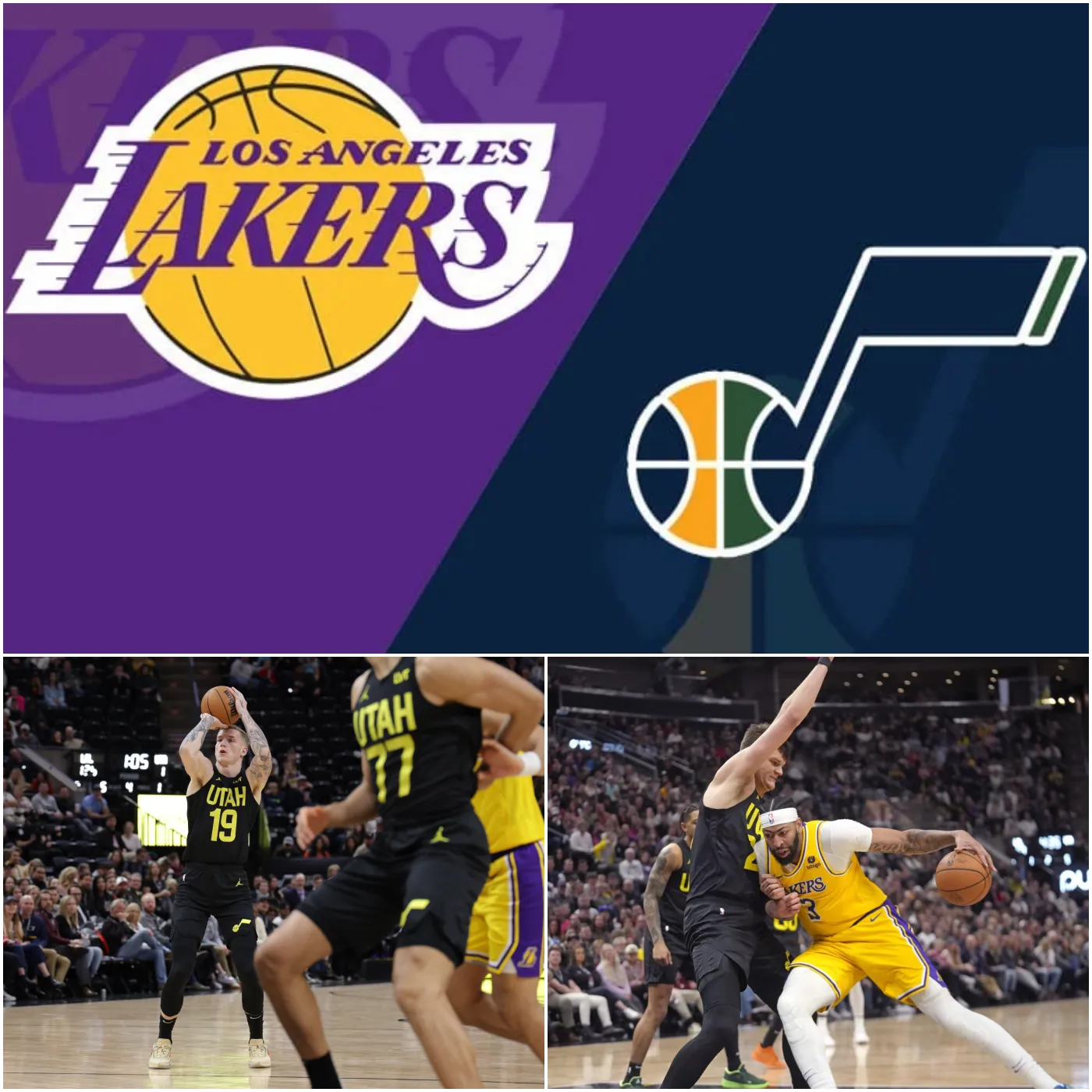Anderson Silva Calls Out UFC’s Dark Side as a Brutal Industry of Control and Neglect
Anderson Silva, a name synonymous with MMA greatness, has once again grabbed headlines—not for his iconic fights but for his bold and controversial remarks about the UFC. The former middleweight champion, often regarded as one of the greatest fighters of all time, has chosen to speak out against what he describes as the “hidden injustices” […]
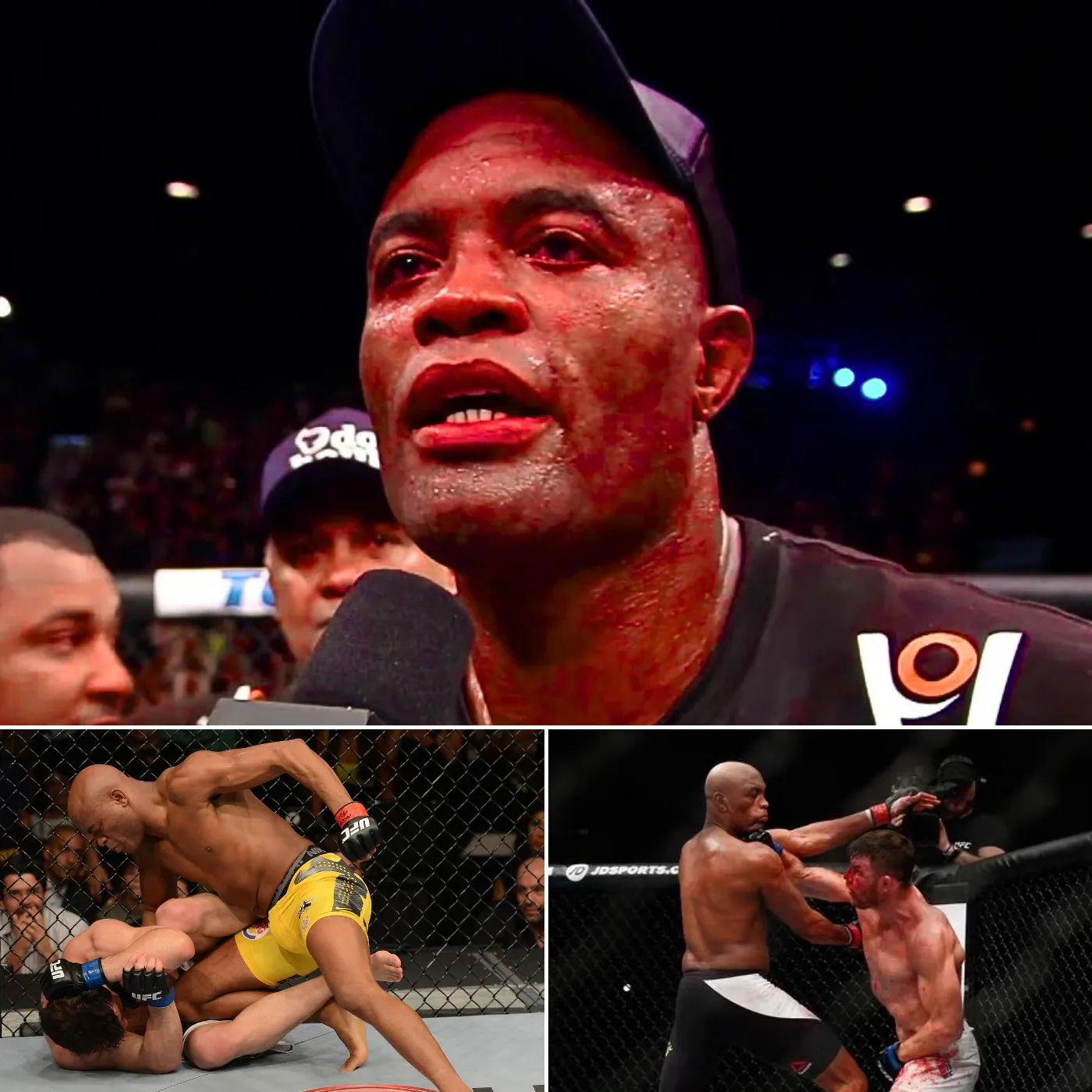
Anderson Silva, a name synonymous with MMA greatness, has once again grabbed headlines—not for his iconic fights but for his bold and controversial remarks about the UFC. The former middleweight champion, often regarded as one of the greatest fighters of all time, has chosen to speak out against what he describes as the “hidden injustices” within the UFC. His candid critique of the organization’s practices has sparked a heated debate among fans and fighters alike.
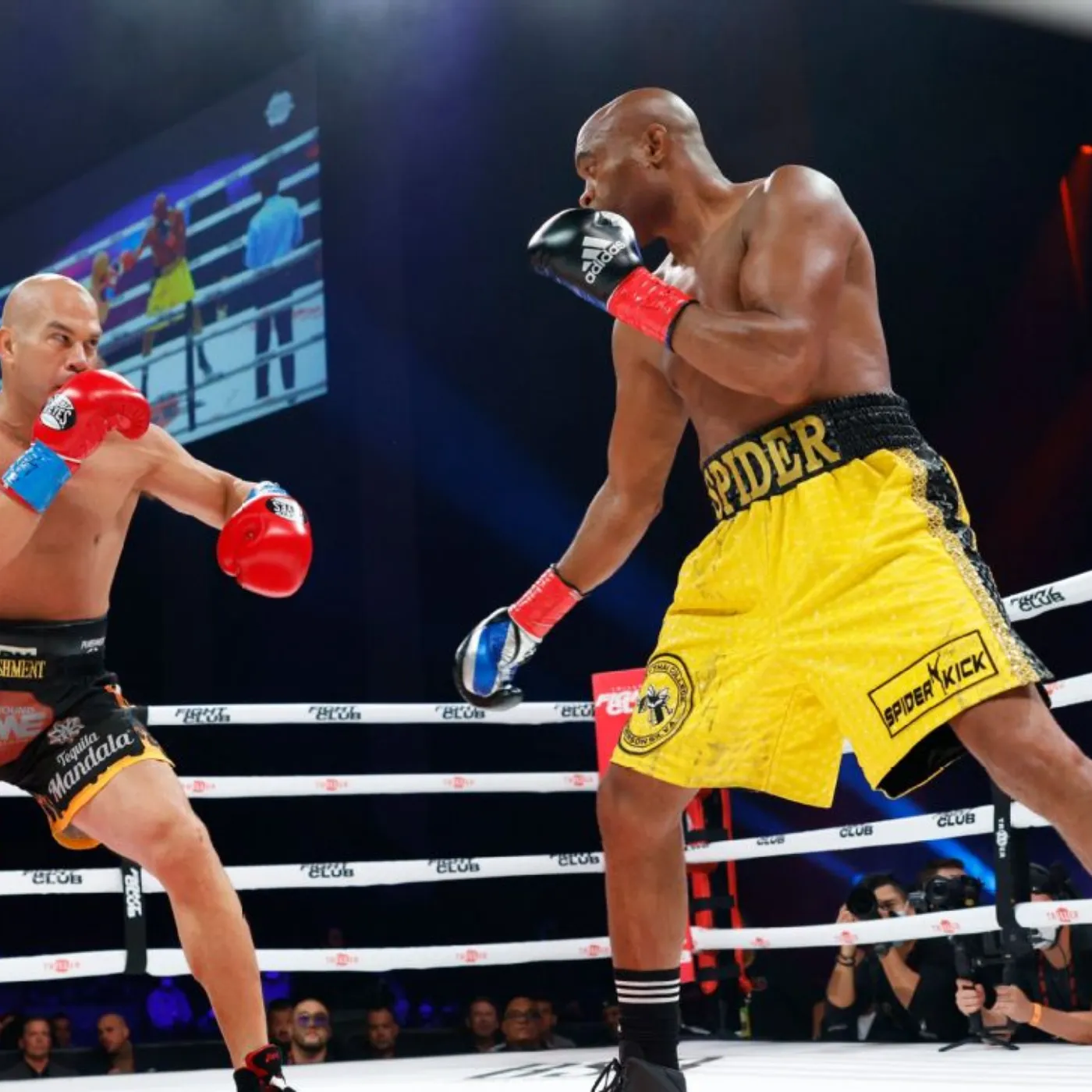
The Fighter’s Perspective: Exploitation Over Legacy?
In a recent interview, Silva didn’t hold back when discussing the UFC’s alleged exploitation of fighters. According to him, the organization prioritizes profits over the well-being and long-term careers of its athletes. “The UFC is not a sport; it’s a business,” Silva stated. This cutting remark has resonated with many fighters who’ve felt undervalued despite putting their bodies on the line for the organization.
Silva claimed that fighters are often underpaid compared to the massive revenues generated by the UFC, especially from pay-per-view events. “We bring in the fans; we take the hits, but we don’t see the rewards,” he said.
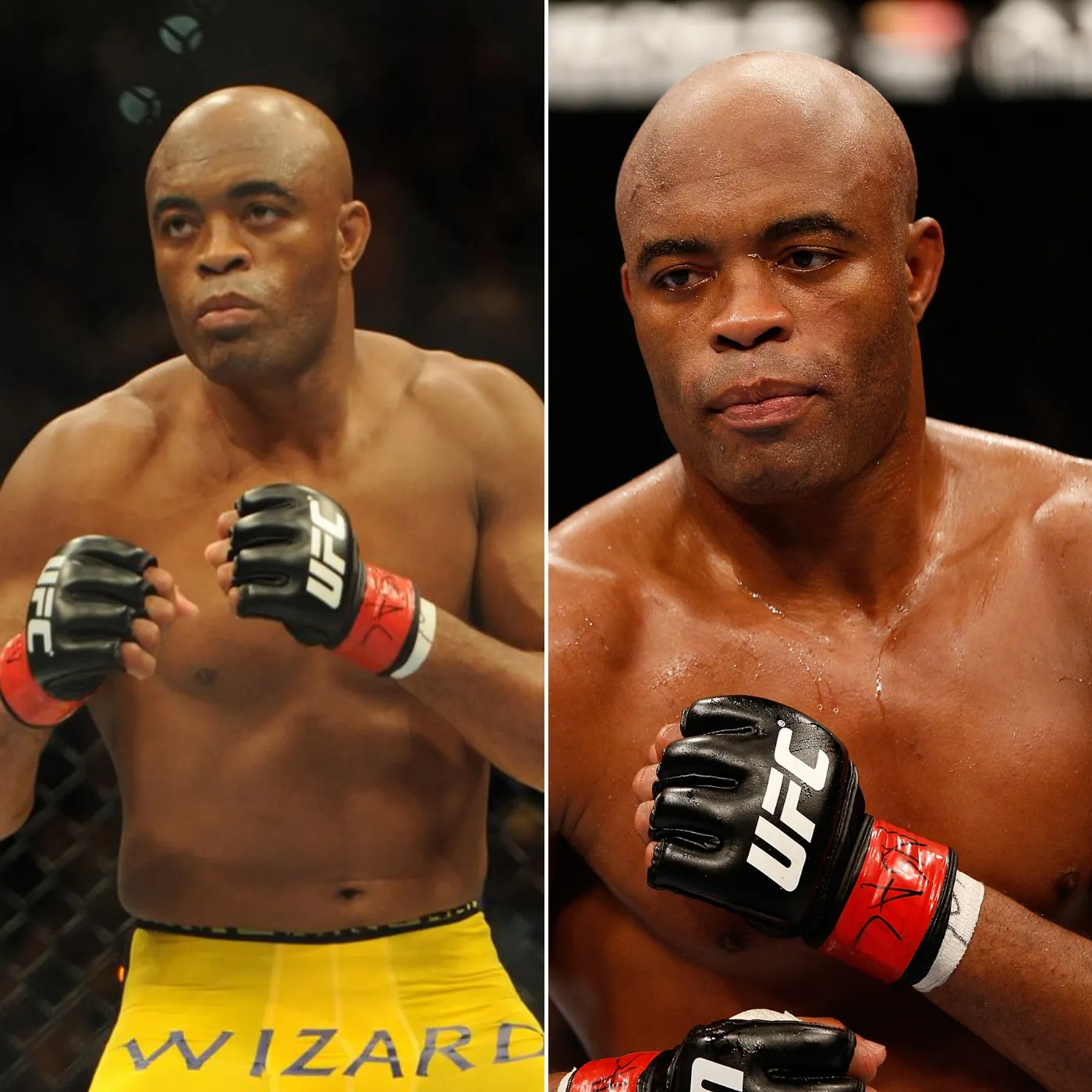
Contracts and Control: The UFC’s Iron Grip
One of the most shocking revelations Silva made was about the UFC’s restrictive contracts, which he described as “one-sided and controlling.” Silva revealed that these contracts often tie fighters to the organization indefinitely, limiting their ability to explore opportunities elsewhere. “You’re not just signing a deal; you’re signing away your freedom,” he claimed.
Silva also pointed out the lack of collective bargaining power among fighters, contrasting the UFC with other major sports organizations like the NFL or NBA, where unions protect athletes. Without a fighters’ union, Silva argues, the UFC holds all the power, leaving athletes with little room to negotiate better terms.
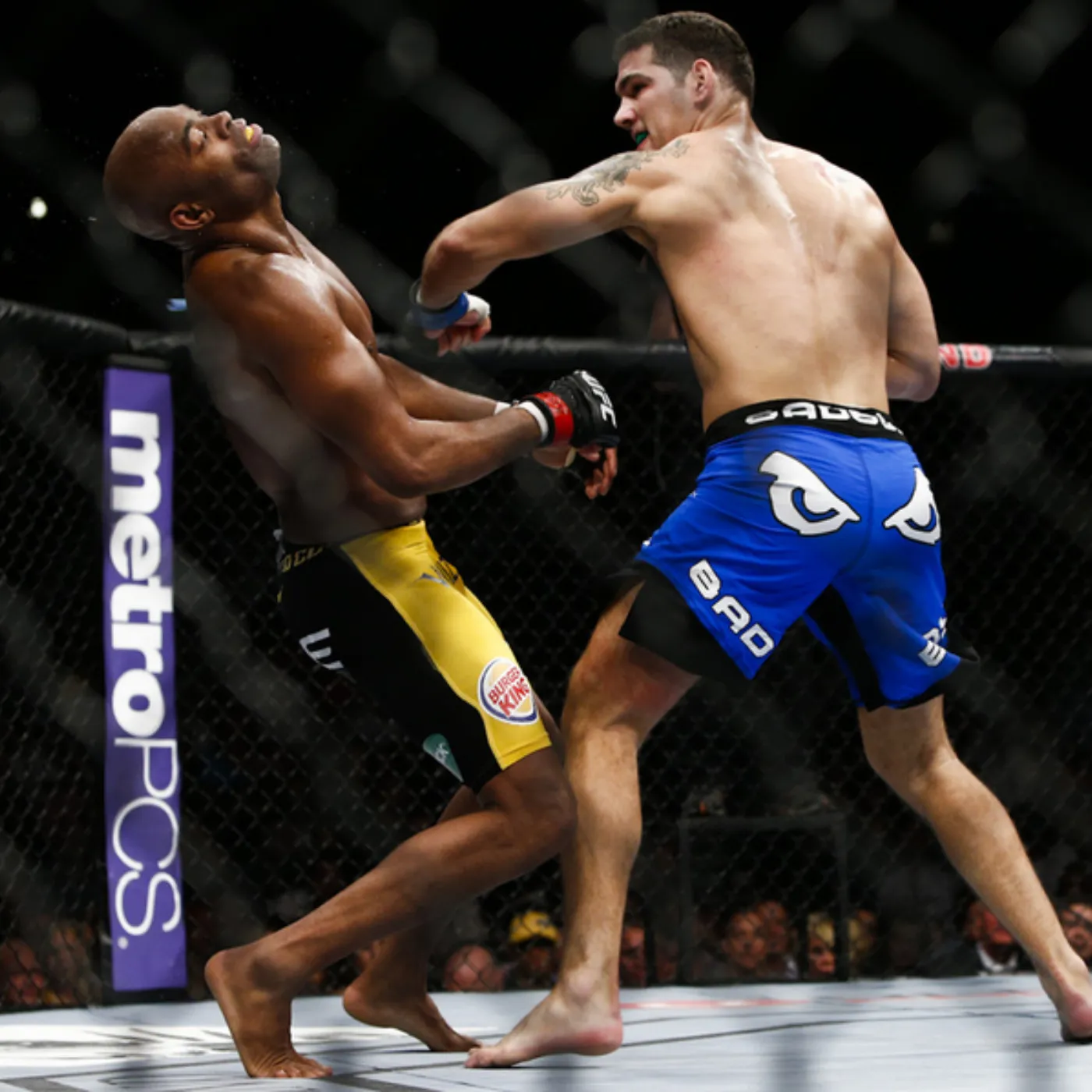
Health Risks and Post-Career Neglect
Silva didn’t stop at financial issues—he also criticized the UFC’s treatment of fighters after their careers end. “Once you’re done fighting, they’re done with you,” he remarked. The lack of long-term support for retired fighters, particularly in areas like healthcare and mental health, is a glaring issue Silva believes the UFC has failed to address.
Silva cited his own experiences with injuries and the lack of adequate support from the organization. “We’re expected to fight through pain and injuries, but when it’s over, we’re left to deal with the consequences on our own,” he said.
Dana White Responds: Business as Usual?
Unsurprisingly, UFC president Dana White has brushed off Silva’s remarks, calling them “misguided” and emphasizing the UFC’s role in transforming MMA into a global phenomenon. “We’ve made stars, and Anderson Silva is one of them. Without the UFC, where would he be?” White retorted in a recent press conference.
While White’s defense might resonate with some fans, others see it as a deflection. The UFC’s revenue-sharing practices and contractual obligations remain hot-button issues, and Silva’s comments have added fuel to the fire.
The Fighter Community Divided
Silva’s statements have sparked a divide among current and former fighters. Some, like Francis Ngannou and Jorge Masvidal, have voiced similar frustrations about pay and treatment. Others, however, have defended the UFC, citing the opportunities and exposure it provides.
This divide highlights the ongoing tension between fighters seeking greater rights and an organization focused on maintaining its bottom line. Silva’s willingness to speak out may encourage more fighters to do the same, potentially leading to a larger movement for change.
A Call for Reform or Just Another Outburst?
Anderson Silva’s bold critique of the UFC has reignited long-standing debates about fighter pay, treatment, and the balance of power within the organization. Whether his comments will lead to meaningful change remains to be seen, but they’ve certainly shaken the MMA world.
As fans, we’re left to question: Is the UFC truly fostering a sport, or is it exploiting athletes for profit under the guise of entertainment? Silva’s remarks may divide opinions, but one thing is clear—his voice has amplified issues that can no longer be ignored. For the UFC, this could mark the beginning of a much-needed reckoning—or just another controversy swept under the rug.




